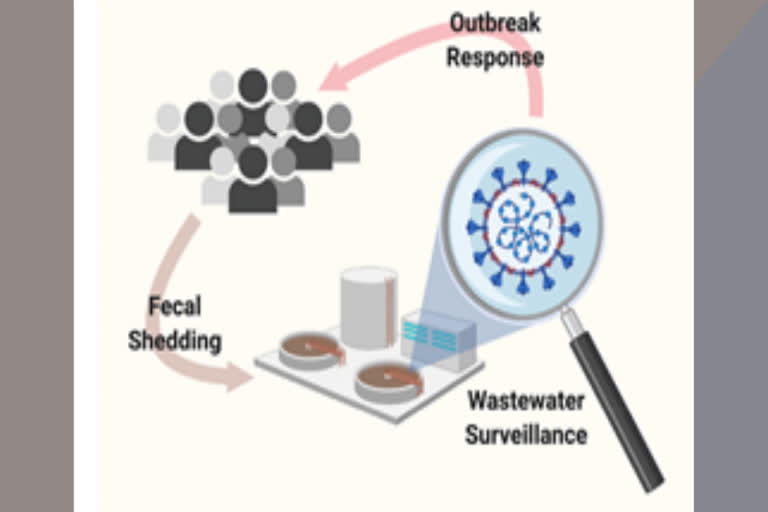Australia: Tracking community outbreaks of COVID-19 through wastewater can happen faster, using more cost-effective tests, according to new research published by the Australian National Science Agency, CSIRO.
The new research (by CSIRO & University of Queensland) involved waste water testing conducted on untreated sewage collected as it enters a water treatment plant to provide community-level results. Fragments of SARS-CoV-2, the virus that causes COVID-19 were found.
Seven methods used for study involved cost effective rapid recovery virus process from wastewater, taking only 15 to 30 minutes per sample.
Also Read: Using sunlight to save satellites from a fate of 'space junk'
CSIRO Chief Executive Dr Larry Marshall said that as COVID-19 restrictions begin to ease, science has found a way to help individual communities avoid a second wave of the pandemic.
“This unique monitoring breakthrough will ensure each suburb gets the medical support it needs so all of us, as a nation, can stay healthier,” Dr Marshall said.
CSIRO researcher Dr Warish Ahmed led the findings published in The Science of the Total Environment, which evaluated the concentration, recovery and detection of SARS-CoV-2 RNA (its genetic code).
“We will keep refining the virus concentration and detection methods to provide more sensitive and accurate results of the viral load in wastewater,” Dr Ahmed said.
“This will provide information on the prevalence of COVID-19 in the community so public health officials can have as much information as possible to manage an outbreak in a timely manner.”
Worldwide wastewater monitoring could save up to USD$1 Billion for national monitoring programs depending on frequency of sampling and population, according to research. Wastewater monitoring has been shown to be significantly cheaper and faster than clinical screening for COVID-19, but would be used as an added diagnostic measure.
In wastewater-based epidemiology, the prevalence of SARS-CoV-2 infections in a community can be estimated by analysing the virus RNA in that community's sewage.
The results will be shared with a new global scientific collaboration, COVID-19 WBE Collaborative, which brings together more than 50 global experts in water-based epidemiology (WBE) to share testing methods and data on wastewater-based surveillance for the current and future disease outbreaks.
Based on our knowledge of the persistence of SARS-CoV-2 in wastewater, drinking water is very well protected against all viruses, including the new Coronavirus.
Also Read: Indian smartphone users can buy Samsung Galaxy Note 10 Lite at discounted price



